Tonga’s Prime Minister Siaosi Sovaleni resigned abruptly on December 9, 2024, amid mounting political pressure and a power struggle with the nation’s royal family. The resignation came moments before a parliamentary vote of no confidence, reportedly spearheaded by veteran politician and rival 'Aisake Eke.
Sovaleni, who had been in office since 2021, announced his decision to step down during a parliamentary session. The exact circumstances of his resignation and the next steps for Tonga’s leadership remain uncertain. A spokesperson from the prime minister's office confirmed the resignation to AFP.
Background on the Power Struggle
Sovaleni’s position had been increasingly tenuous since earlier this year when he clashed with King Tupou VI over his role as armed forces minister. The king had expressed a lack of "confidence and consent" in Sovaleni’s ability to hold the portfolio. Initially, Sovaleni resisted the king's calls to relinquish the position, citing constitutional concerns, but he eventually stepped down in April. This conflict fueled speculation about deeper tensions between the royal family and Sovaleni's government.
Tonga’s Political Structure
Tonga, a constitutional monarchy since the late 19th century, has undergone significant political reforms in recent decades. After pro-democracy protests and riots in 2006, which destroyed large parts of the capital Nuku'alofa, the monarchy agreed to cede some powers to elected lawmakers. However, the Tongan king and hereditary nobles retain substantial influence, with the latter controlling nine of the 26 seats in parliament.
Challenges Facing Tonga
Tonga faces significant economic and political challenges. The country owes approximately $130 million to China’s Export-Import Bank—almost a third of its GDP. This debt, stemming from loans taken to rebuild after the 2006 riots, is now becoming more burdensome as repayments rise. The economic strain adds to the political instability in the Pacific kingdom.
Sovaleni’s Legacy
Sovaleni, a highly educated leader with degrees from Oxford University and the University of the South Pacific, entered politics in 2014 and held several key roles, including deputy prime minister and education minister, before becoming prime minister. His tenure will likely be remembered for the increasing tensions with the monarchy and his eventual resignation amid a contentious political climate.



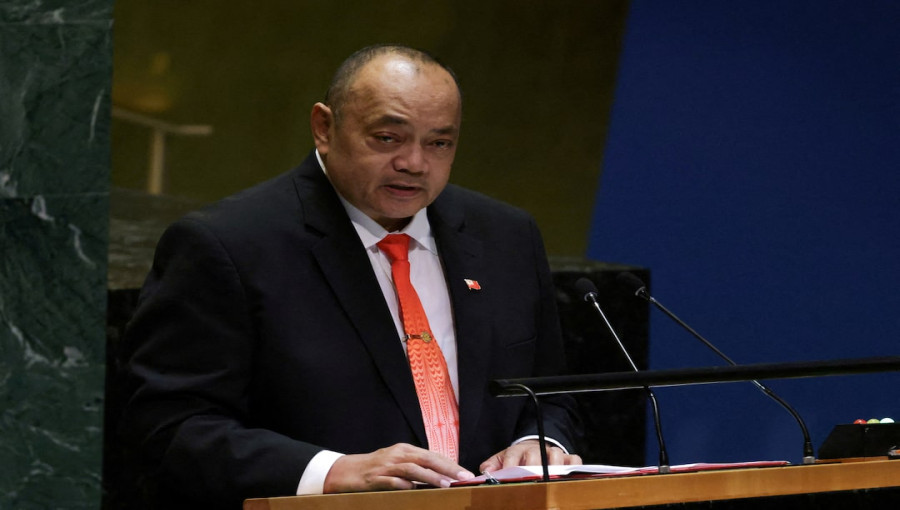
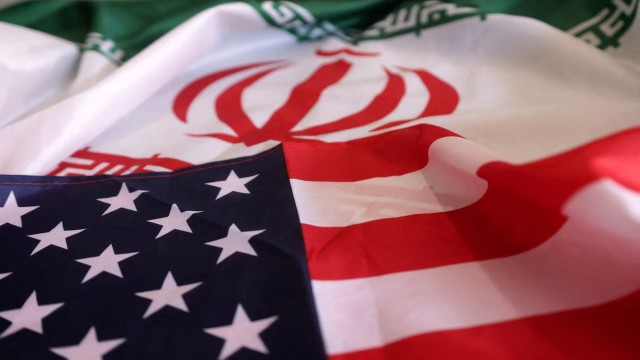
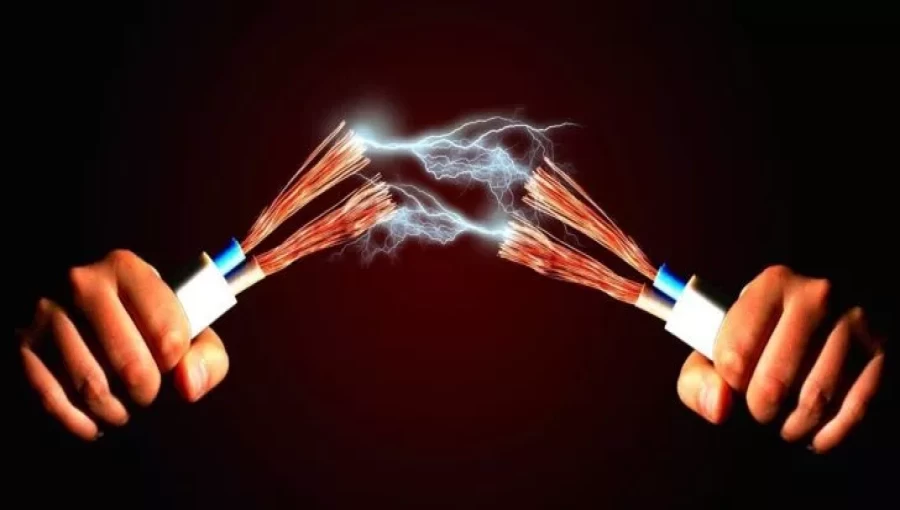
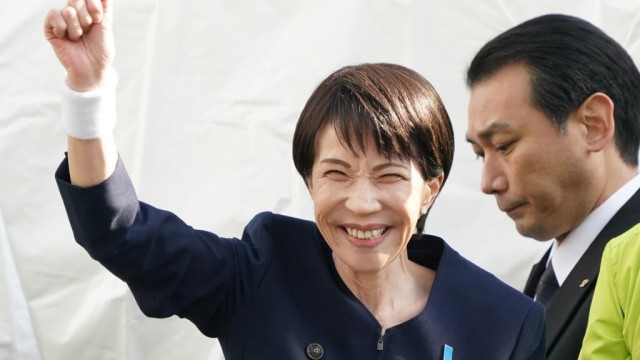


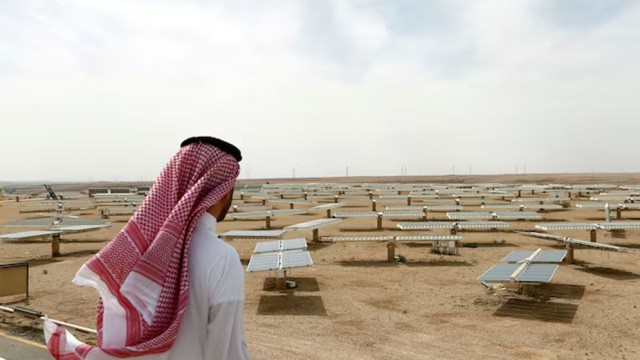
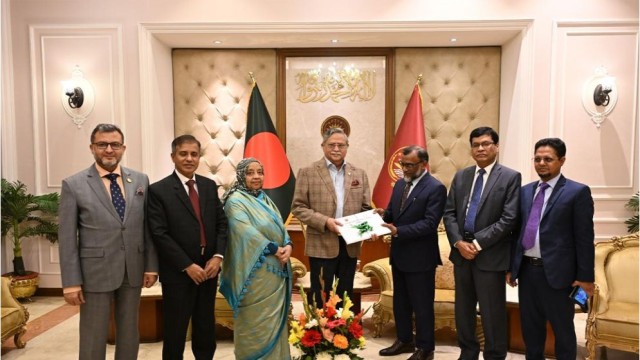

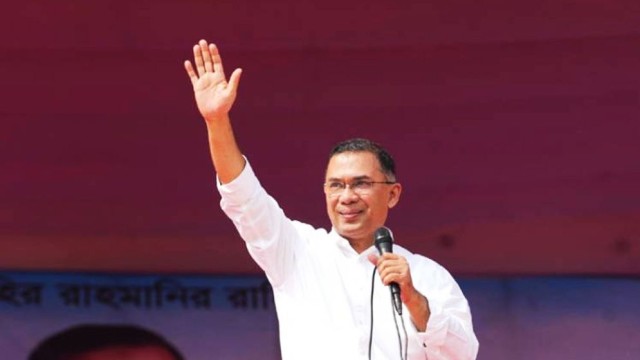

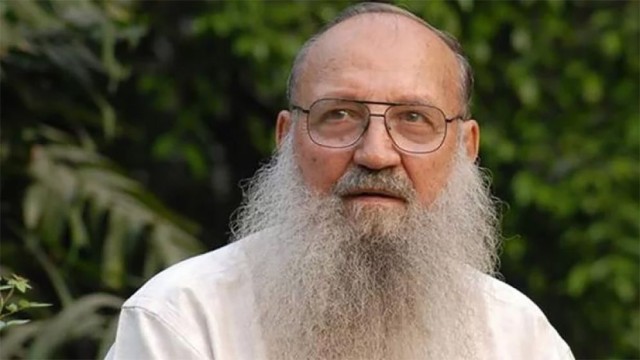

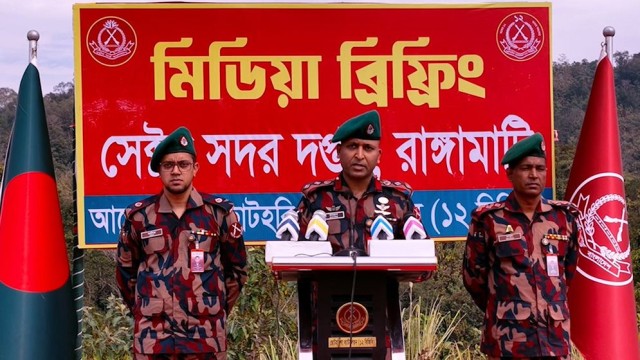
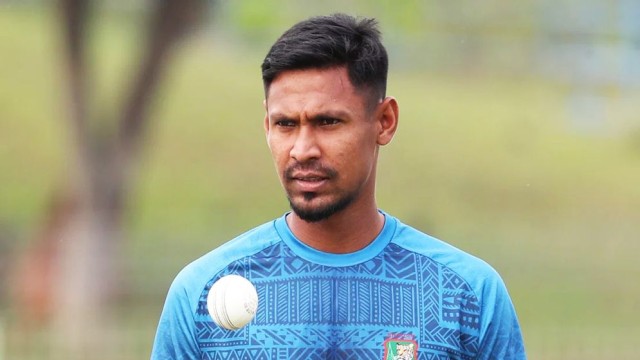
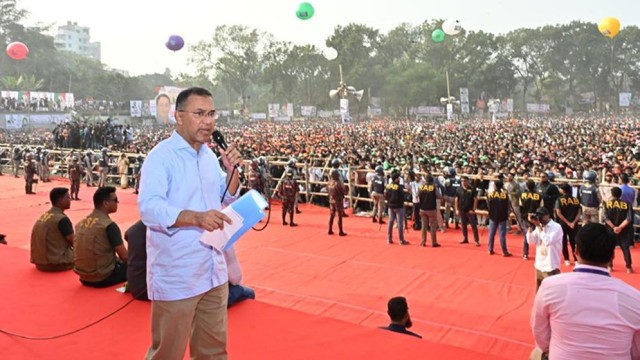
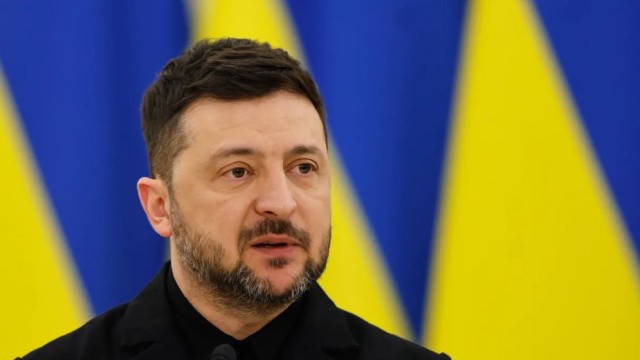











Comment: